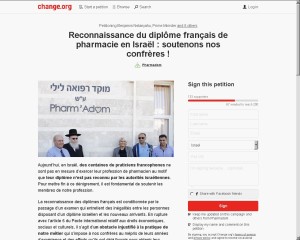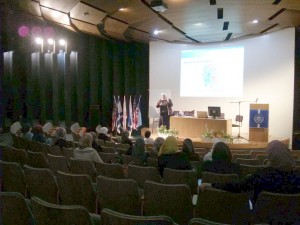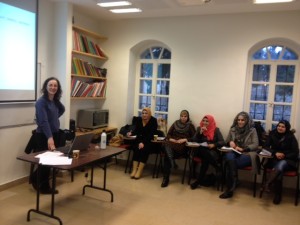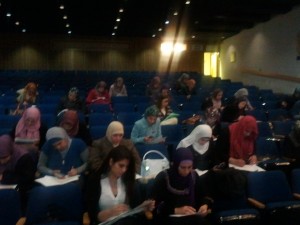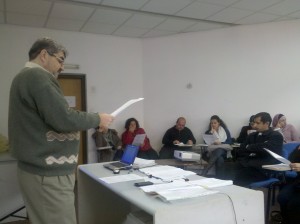Petition! Santé Israël Website – Example of Helping French-Speakers in Israel in Healthcare
“For years, the Pharmadom Foundation has helped the most vulnerable populations in Israel to seek and support emerging or not covered by government requirements. This is what led us to recently create the Santé Israël (“Health Israel”) website, which has quickly established itself as a valuable tool to help French Olim to navigate the Israeli health system.”
This is what the Pharmadom Foundation said about our Santé Israël website in a recent petition that seeks to enable French-trained pharmacists to practice in Israel without being required to take certification examinations.
Santé Israël was launched in September 2015, and was developed thanks to a partnership with Pharmadom. Santé Israël is a mobile-friendly website makes Israel’s health care system accessible to French speakers. The site offers comprehensive explanations about Israel’s health care system, which is vastly different from that of France, as well as its four main health funds.
We’re happy to be a prime example of their work. Many wishes for success with the petition!
Many thanks to the Pharmadom Foundation for their ongoing support of the project. The Pharmadom Foundation works under the auspices of the Foundation of French Judaism (FSJU) and the Rashi Foundation.

